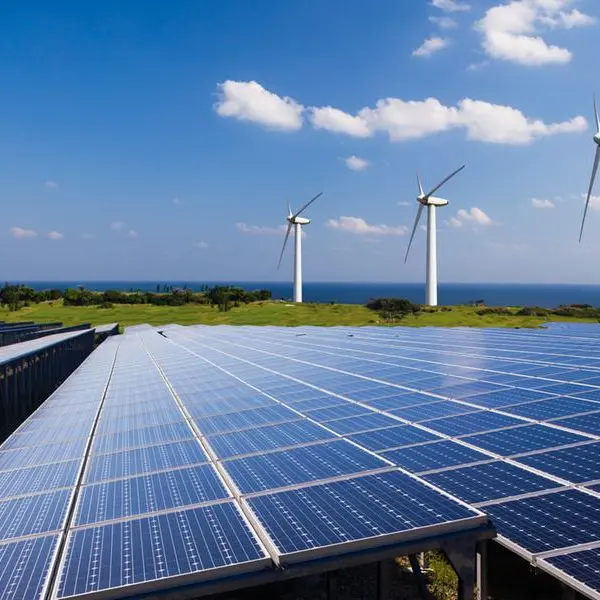PHOTO
Greek factory activity expanded for the 12th month in a row in January as stronger domestic and foreign demand led to higher output and more hiring, a survey showed on Thursday.
Firms raised their prices at the second fastest pace in almost a year, with input charges rising further as shipping disruption in the Red Sea led to an increase in transport costs.
S&P Global's Purchasing Managers' Index (PMI) for manufacturing, which accounts for about 10% of Greece's economy, rose to 54.7 in January from 51.3 in December. It was the strongest improvement since April 2022.
Readings above 50 indicate growth in activity.
"The sales environment in domestic and external markets improved, with firms buoyed, sparking a sharper uptick in employment and notable rise in business confidence to a level not seen since February 2020," said Sian Jones, an economist at S&P Global Market Intelligence.
New orders grew at the second-sharpest pace in two years, driving output higher on the back of strong demand in key export markets in Europe, Asia and the Middle East.
In response, Greek manufacturers continued to hire new workers at the beginning of the year.
Disrupted shipping routes through the Suez Canal hampered input deliveries, while supply chain constraints hurt efforts by manufacturers to rebuild stocks.
Although the rise in prices charged softened, customers continued to face historically elevated price increases. "Nonetheless, our latest forecast anticipates that the rate of consumer price inflation (CPI) will slow to 2.5% in 2024," Jones said.
Firms were upbeat on the outlook for output over the coming year thanks to planned investment and hopes of stronger demand. (Reporting by Angeliki Koutantou; editing by Christina Fincher)





















